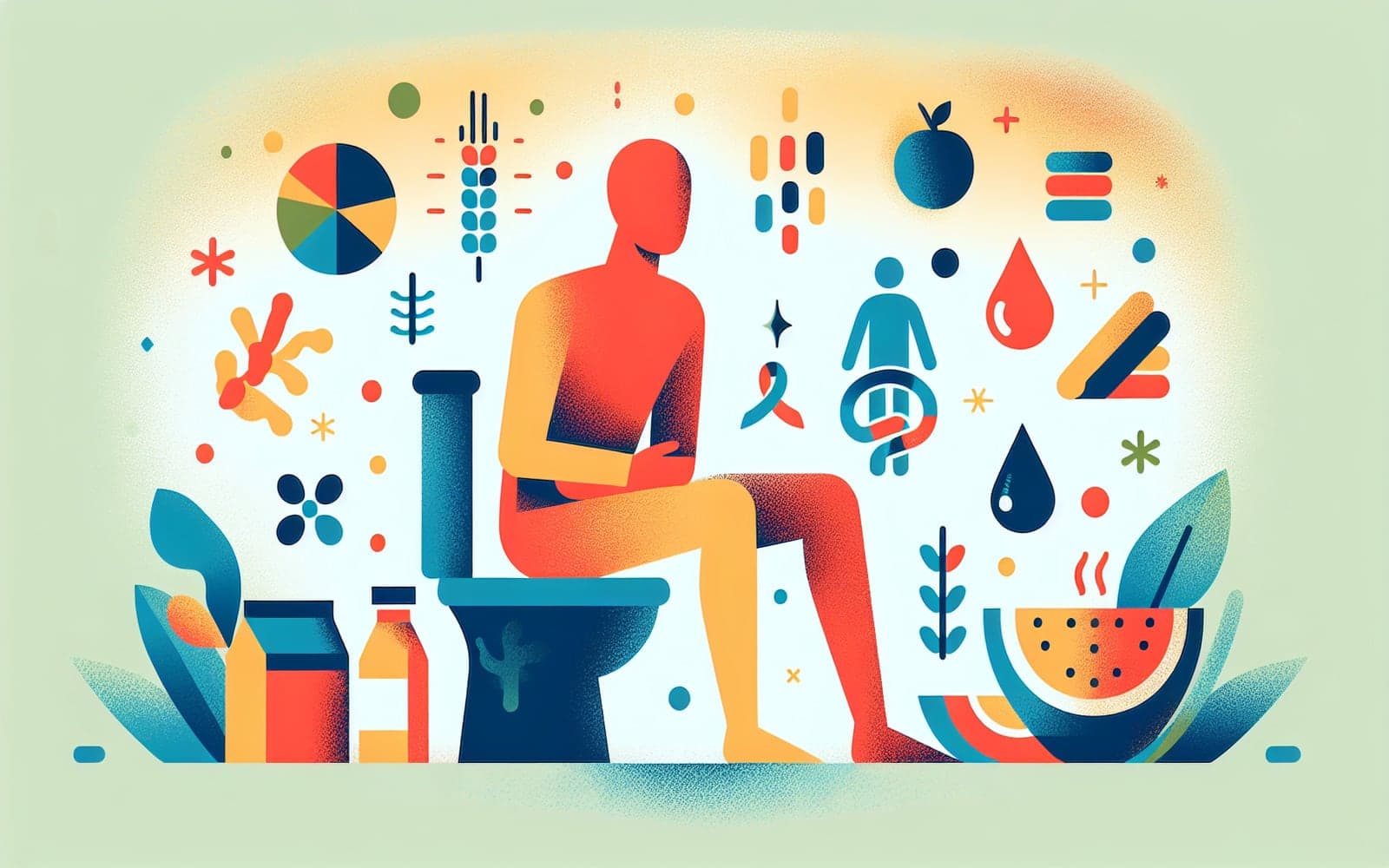Contents
-
Understanding the Role of Fiber
-
Hydration: The Secret Ingredient
-
The Impact of Processed Foods
Can Your Diet Really Cure Chronic Constipation?
Can Your Diet Really Cure Chronic Constipation?
The Diet Connection
Chronic constipation can be frustrating and uncomfortable, but did you know your diet might hold the key to relief? Let's explore how what you eat could help manage this common condition.
Contents
-
Understanding the Role of Fiber
-
Hydration: The Secret Ingredient
-
The Impact of Processed Foods
Understanding the Role of Fiber
Fiber is a crucial element in maintaining healthy digestion, acting like a broom to sweep waste through your intestines. Most adults don't consume enough fiber, which can contribute to constipation. Increasing your intake of fruits, vegetables, and whole grains can help boost your fiber levels and potentially alleviate constipation symptoms.
Hydration: The Secret Ingredient
Staying hydrated is essential for preventing constipation, as water helps soften stool and promote regular bowel movements. Aim to drink at least eight glasses of water a day, and consider adding herbal teas and broths to keep your fluid intake varied. Remember, caffeinated beverages can have a dehydrating effect, so balance them with water.
The Impact of Processed Foods
Processed foods often lack essential nutrients and fiber, making them a common culprit in constipation. Foods high in sugar and unhealthy fats can slow digestion and exacerbate constipation. Try to limit your intake of processed snacks and meals, opting instead for fresh, natural options that support digestive health.
FAQs
Does diet alone cure chronic constipation?
Dietary changes can help but may not be enough for everyone.
How much fiber should I consume?
Aim for 25-30 grams of fiber daily.
Can drinking more water help?
Yes, it softens stool and aids digestion.
Do processed foods affect constipation?
Yes, they can worsen constipation symptoms.
Food for Thought
Could a simple change in your diet be the key to managing chronic constipation effectively?
Additional References
-
Sandler RS, Jordan MC, Shelton BJ. Demographic and dietary determinants of constipation in the US population. Am J Public Health 1990; 80:185.
-
Towers AL, Burgio KL, Locher JL, et al. Constipation in the elderly: influence of dietary, psychological, and physiological factors. J Am Geriatr Soc 1994; 42:701.
This article has been reviewed for accuracy by one of the licensed medical doctors working for Doctronic.












